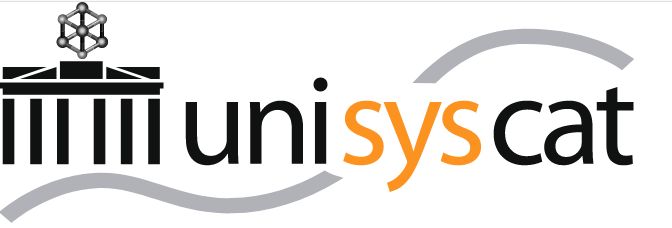Industrial Catalysis: Model Case of Human-Earth Interaction Investigated in Cooperation with Excellence Cluster UniSysCat
- Jan 31, 2019
- Institute News
- Dept. Renn
- Benjamin Steininger
- IV. Anthropocene Formations
An important concept in the Anthropocene debate is the "Great Acceleration": the period since the twentieth century during which the rate of impact of human activity upon Earth has been significantly increasing. A model case study of this human-Earth interaction focusing on industrial catalysis—reactions in chemical plants used since 1890 to accelerate the production of fuels, fertilizers, ammunition, pharmaceuticals, and plastics—is to be investigated by Benjamin Steininger at the Max Planck Institute for the History of Science (MPIWG) in cooperation with the Excellence Cluster "Unifying Systems in Catalysis" (UniSysCat).

UniSysCat involves senior and junior researchers from the four universities in Berlin and Potsdam, the Charité, and the research institutes FHI, MPI-KGF, HZB, and FMP, providing expertise, methods, and approaches across the sciences. Expanding existing work with the Max Planck Institute for Chemical Energy Conversion (MPICEC) and the Fritz Haber Institute of the Max Planck Society on the perspectives of the humanities on energy transition, this research will enrich the work of UniSysCat with perspectives from history, science, and cultural theory.
